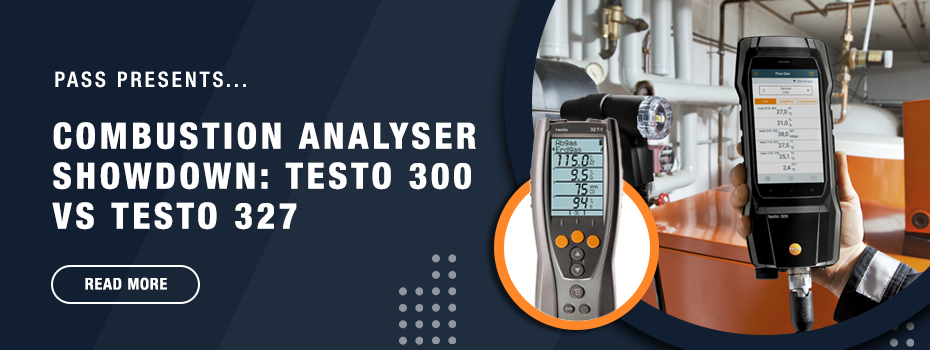https://www.youtube.com/watch?v=eju22nEewFI&t=538s
PASS Presents...
The latest episode of PASS Presents tackles the age-old question debated amongst Testo loyalists: Testo 327 or Testo 300? To steer the debate, our presenter is joined by Jon Bawden, Testo’s Product Manager. In this interview, Jon details the various capabilities, applications, and advantages of each combustion analyser to help you decide which Testo flue gas analyser is right for you. Watch the interview above; via our YouTube channel, @PASSLTD-tester; or on the Testo 327 and Testo 300 web pages. Get all the knowledge you need to make an informed decision in under half an hour!
Continue reading → Continue reading →
Gas Safety
-
Gas Safety Saves Energy & Reduces Bills
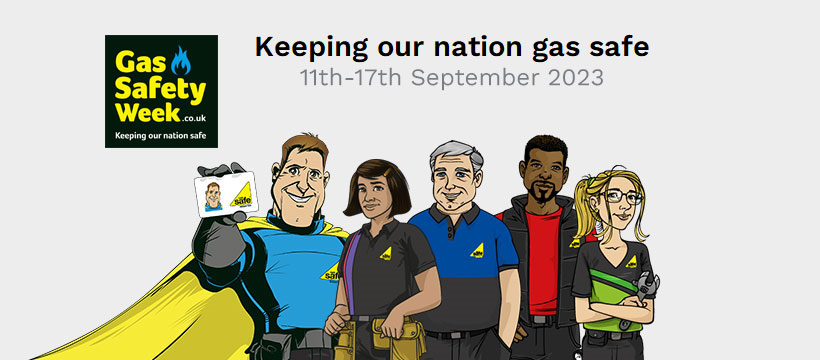 The ongoing cost of living crisis has understandably prevented many people from undertaking essential home maintenance work. To reduce spending, homeowners leave simple safety checks or repair jobs unaddressed. Far from saving households money, avoiding necessary upkeep is estimated to cost the average home £1885 a year, contributing to an overall additional expenditure of £6.8bn across households in the UK. One task that property owners often procrastinate is having their gas boiler safety checked by a qualified Gas Safe registered engineer. Still, with autumn and winter fast approaching, not having your boiler safety checked could prove more expensive than having it done.[1]
Continue reading →
The ongoing cost of living crisis has understandably prevented many people from undertaking essential home maintenance work. To reduce spending, homeowners leave simple safety checks or repair jobs unaddressed. Far from saving households money, avoiding necessary upkeep is estimated to cost the average home £1885 a year, contributing to an overall additional expenditure of £6.8bn across households in the UK. One task that property owners often procrastinate is having their gas boiler safety checked by a qualified Gas Safe registered engineer. Still, with autumn and winter fast approaching, not having your boiler safety checked could prove more expensive than having it done.[1]
Continue reading → -
Gas Safety Week 2023: Why is Gas Safety Important & What is the UK's Gas Safety Advice?
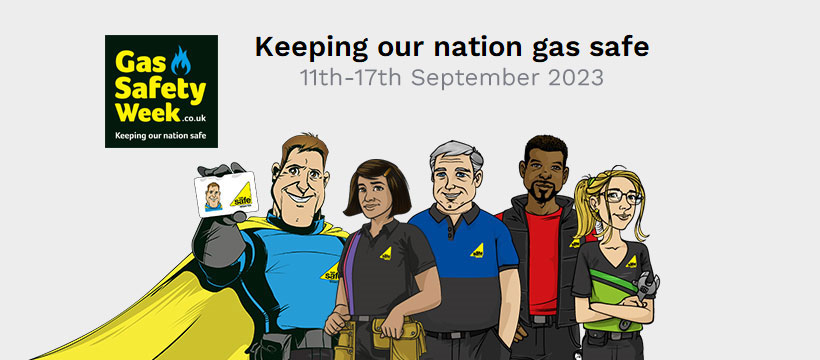 We are proud to support Gas Safety Week, taking place between the 11th and 17th September 2023. Organised by the Gas Safe Register (the official list of gas engineers legally permitted to work on gas), Gas Safety Week aims to raise awareness of gas safety and the importance of taking care of your gas appliances.
Continue reading →
We are proud to support Gas Safety Week, taking place between the 11th and 17th September 2023. Organised by the Gas Safe Register (the official list of gas engineers legally permitted to work on gas), Gas Safety Week aims to raise awareness of gas safety and the importance of taking care of your gas appliances.
Continue reading → -
News Roundup: Unregistered Gas Engineers & Gas Unsafe Landlords
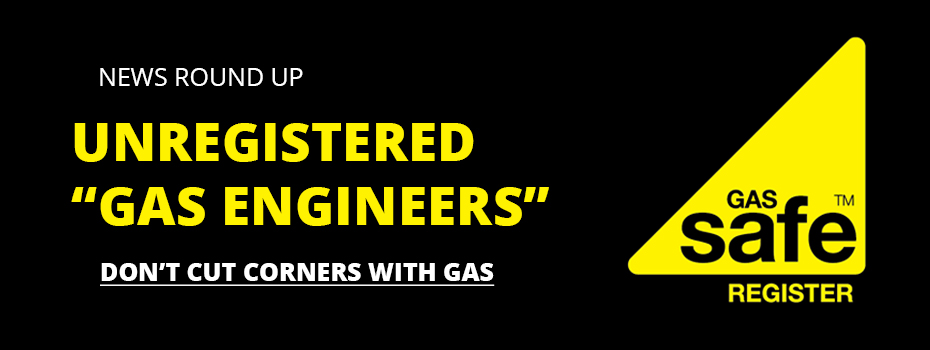 Raising awareness about gas safety is critical to protecting the public. Unfortunately, there are still instances of illegal and dangerous gas work carried out by unqualified, unregistered “gas engineers”, as well as cases of landlords failing to meet legal gas safety requirements. Below are just some of the news stories that have been reported this year, followed by tips on how you can keep yourself, your family, your community, and, if you’re a landlord, your tenants safe.
Continue reading →
Raising awareness about gas safety is critical to protecting the public. Unfortunately, there are still instances of illegal and dangerous gas work carried out by unqualified, unregistered “gas engineers”, as well as cases of landlords failing to meet legal gas safety requirements. Below are just some of the news stories that have been reported this year, followed by tips on how you can keep yourself, your family, your community, and, if you’re a landlord, your tenants safe.
Continue reading → -
Testo Release New 316 Series of Gas Leak Detectors
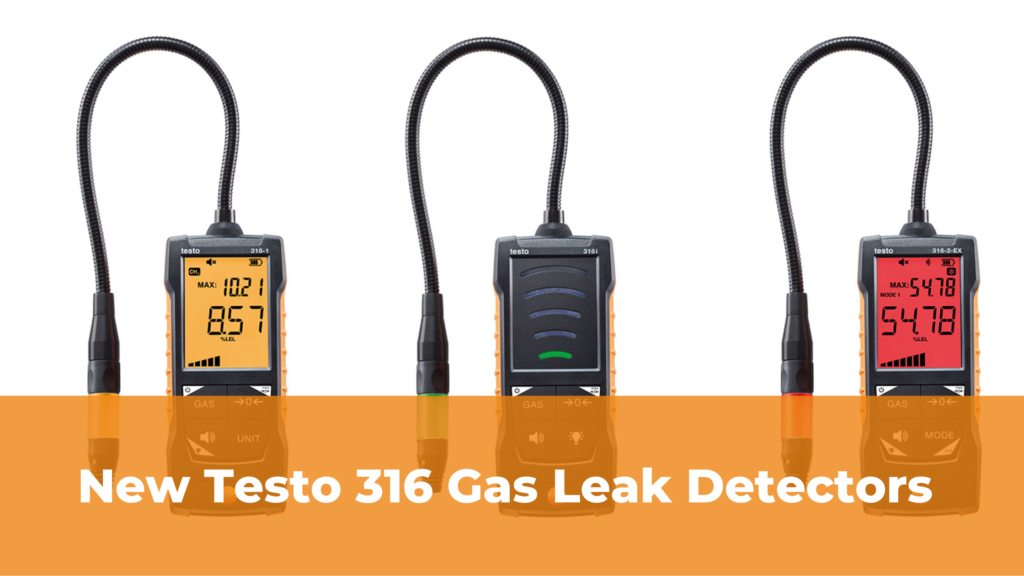 The new Testo 316 Gas Leak Detectors maximise the ease and efficiency of identifying, tracing, and pinpointing methane, propane, hydrogen, and butane gas leaks. Testo understands that not all gas detection operations are the same. Therefore, to meet the needs of all their customers, Testo has designed this range to contain an array of models, including simple LED indicators; detectors with a digital display for taking quantitative measurements; explosion-protected models; and instruments suitable for identifying both fuel gas and refrigerant leaks. All Testo's 316 Series Gas Leak Detectors feature a flexible probe with a traffic light LED. This enables access to difficult-to-reach spaces and provides a clear detection/severity alert. Read on for an overview of Testo’s new 316 Gas Detector series.
Continue reading →
The new Testo 316 Gas Leak Detectors maximise the ease and efficiency of identifying, tracing, and pinpointing methane, propane, hydrogen, and butane gas leaks. Testo understands that not all gas detection operations are the same. Therefore, to meet the needs of all their customers, Testo has designed this range to contain an array of models, including simple LED indicators; detectors with a digital display for taking quantitative measurements; explosion-protected models; and instruments suitable for identifying both fuel gas and refrigerant leaks. All Testo's 316 Series Gas Leak Detectors feature a flexible probe with a traffic light LED. This enables access to difficult-to-reach spaces and provides a clear detection/severity alert. Read on for an overview of Testo’s new 316 Gas Detector series.
Continue reading → -
Gas Safety for All Seasons
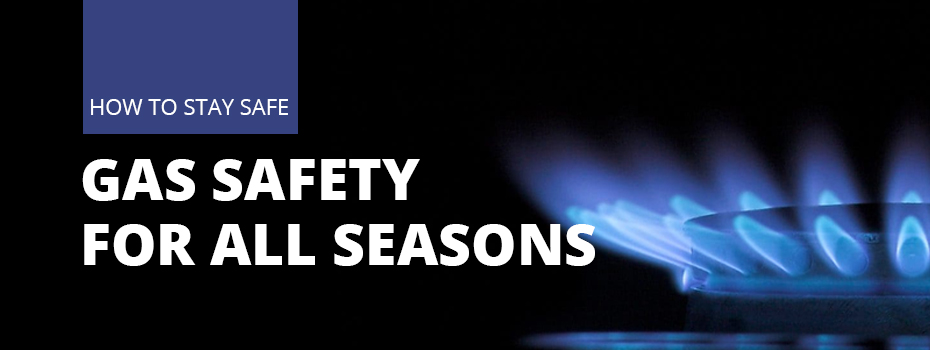 In the UK our varied and often unpredictable seasonal weather leads to small talk, lush flora, and a range of gas safety concerns. It is therefore imperative that we are aware of the various gas safety problems that can arise, as well as how to prevent and/or address them.[1]
Continue reading →
In the UK our varied and often unpredictable seasonal weather leads to small talk, lush flora, and a range of gas safety concerns. It is therefore imperative that we are aware of the various gas safety problems that can arise, as well as how to prevent and/or address them.[1]
Continue reading → -
Simple Solution to Protect HVAC Professionals Against CO Poisoning
 Odourless, colourless, and tasteless, carbon monoxide (CO) is a highly toxic, potentially deadly gas that HVAC professionals risk encountering daily. Thankfully, there is a simple, small, safe solution to protecting HVAC workers: Crowcon CO Gas Detectors.[1]
Continue reading →
Odourless, colourless, and tasteless, carbon monoxide (CO) is a highly toxic, potentially deadly gas that HVAC professionals risk encountering daily. Thankfully, there is a simple, small, safe solution to protecting HVAC workers: Crowcon CO Gas Detectors.[1]
Continue reading → -
Crowcon Answers Confined Spaces FAQs
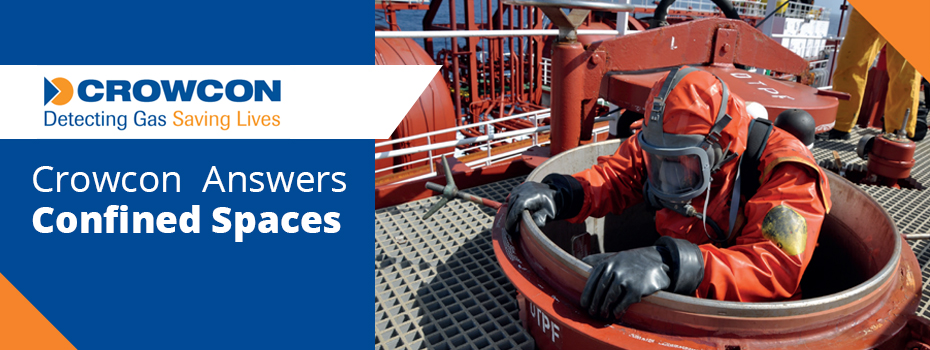 Confined spaces pose a significant hazard to workers’ lives. Recently, BBC East Midlands published a story covering a corporate manslaughter trial taking place in Leicester Crown Court. Greenfeeds Limited is charged with two counts of corporate manslaughter after two of its employees, Nathan Walker (19) and Gavin Rawson (35), lost consciousness due to high CO2 concentrations and subsequently drowned inside a tanker.[1] Seven years before this incident in May 2009, two men, Maarten Pieter Den Heijer (30) and Robert MacDonald (45), died as a result of low O2 concentrations beneath the deck of a barge moored on Loch Creran, a sea farm near Oban. Scottish Sea Farms and Logan Inglis were fined £600 000 and £40 000 respectively (these fines were later reduced to £333 335 and £20 000) for breaches of health and safety regulations such as failing to train staff for working in confined spaces like the sealed chambers present on the Loch Creran barge.[2] Approximately 15 people in the UK lose their lives due to accidents in confined spaces; this number includes fatalities resulting from failed rescue attempts.[3] Therefore, it is vital to understand the risks, regulations, procedures, and equipment pertaining to working in confined spaces before you or your employees undertake any work. Thankfully, Crowcon has answered several frequently asked questions about confined spaces using the information outlined in the HSE's (UK) and OSHA's (USA) documentation on the subject.[4]
Continue reading →
Confined spaces pose a significant hazard to workers’ lives. Recently, BBC East Midlands published a story covering a corporate manslaughter trial taking place in Leicester Crown Court. Greenfeeds Limited is charged with two counts of corporate manslaughter after two of its employees, Nathan Walker (19) and Gavin Rawson (35), lost consciousness due to high CO2 concentrations and subsequently drowned inside a tanker.[1] Seven years before this incident in May 2009, two men, Maarten Pieter Den Heijer (30) and Robert MacDonald (45), died as a result of low O2 concentrations beneath the deck of a barge moored on Loch Creran, a sea farm near Oban. Scottish Sea Farms and Logan Inglis were fined £600 000 and £40 000 respectively (these fines were later reduced to £333 335 and £20 000) for breaches of health and safety regulations such as failing to train staff for working in confined spaces like the sealed chambers present on the Loch Creran barge.[2] Approximately 15 people in the UK lose their lives due to accidents in confined spaces; this number includes fatalities resulting from failed rescue attempts.[3] Therefore, it is vital to understand the risks, regulations, procedures, and equipment pertaining to working in confined spaces before you or your employees undertake any work. Thankfully, Crowcon has answered several frequently asked questions about confined spaces using the information outlined in the HSE's (UK) and OSHA's (USA) documentation on the subject.[4]
Continue reading → -
News Roundup: Unregistered “Gas Engineers”
 Unfortunately, there continues to be no shortage of news stories about illegal and dangerous gas work carried out by unregistered, unqualified “gas engineers”. Therefore, it is vital that you stay vigilant and always employ a Gas Safe registered engineer that is qualified to work on your gas appliance and your fuel type. You can find a Gas Safe registered engineer or check your engineers’ credentials on the Gas Safe Register or by calling the free helpline on 0800 408 5500. Additionally, always ask to see your engineer's Gas Safe ID card and make sure you check the back of it for the appliances and gas types they are qualified to work on. Ensuring gas work is carried out by a qualified and gas registered engineer is critical to protecting yourself and your community against potential gas leaks, carbon monoxide poisoning, fires, and explosions.
Continue reading →
Unfortunately, there continues to be no shortage of news stories about illegal and dangerous gas work carried out by unregistered, unqualified “gas engineers”. Therefore, it is vital that you stay vigilant and always employ a Gas Safe registered engineer that is qualified to work on your gas appliance and your fuel type. You can find a Gas Safe registered engineer or check your engineers’ credentials on the Gas Safe Register or by calling the free helpline on 0800 408 5500. Additionally, always ask to see your engineer's Gas Safe ID card and make sure you check the back of it for the appliances and gas types they are qualified to work on. Ensuring gas work is carried out by a qualified and gas registered engineer is critical to protecting yourself and your community against potential gas leaks, carbon monoxide poisoning, fires, and explosions.
Continue reading → -
What You Should Know About the ErP and NOx Emission Control
Please note this blog was originally published on the 23rd September 2019. It was updated on the 8th September 2021 to contain relevant flue gas analyser models.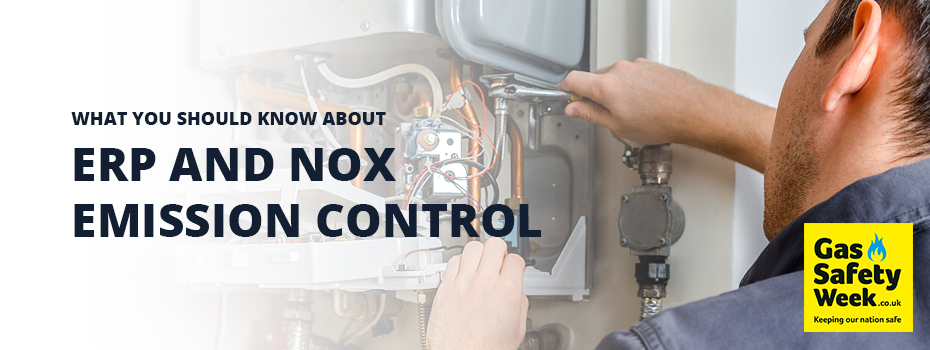 The Energy Related Products Directive (ErP) reflects the commitment of the European Union to improve air quality. The latest legislation concerning NOx emissions was introduced on the 26th September 2018 to meet EU targets for 2020:
Continue reading →
The Energy Related Products Directive (ErP) reflects the commitment of the European Union to improve air quality. The latest legislation concerning NOx emissions was introduced on the 26th September 2018 to meet EU targets for 2020:
Continue reading →


